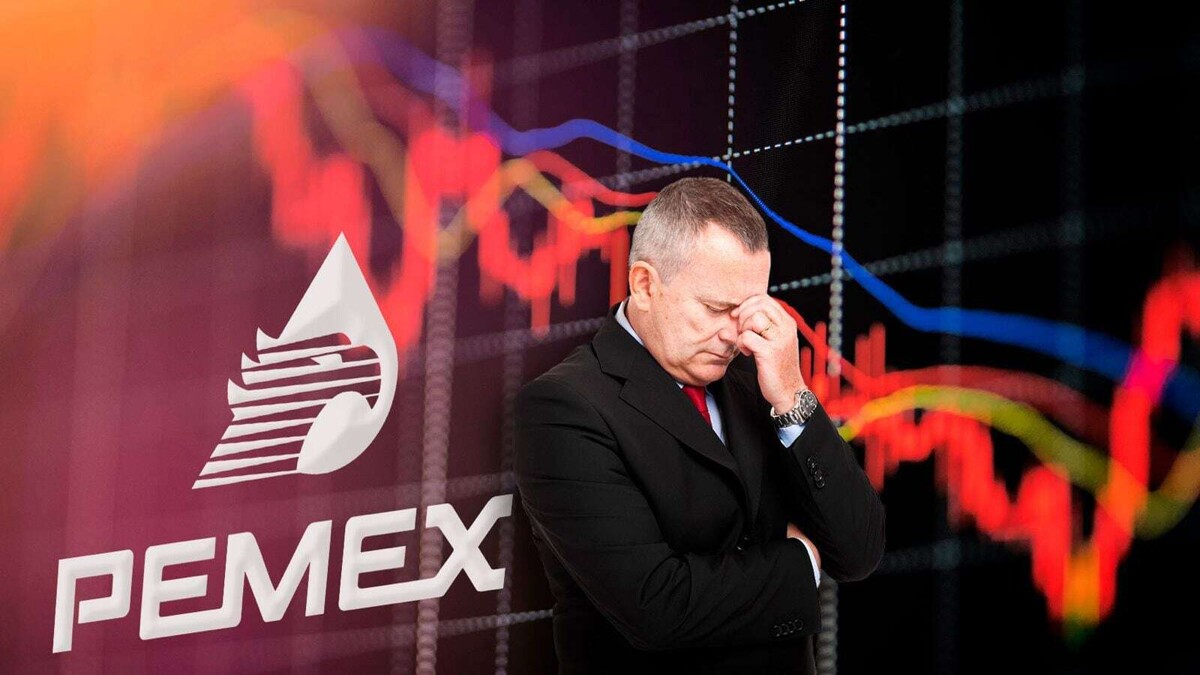
Petróleos Mexicanos (Pemex) continues to obtain the highest profitability from crude oil production, despite the scarcity of easy and cheap crude. On the other hand, the company faces losses from both gasoline theft and its refining. Additionally, Pemex is highly indebted, which increases its financial costs.
In this context, the importance of implementing operational changes in Pemex to reduce the cost of energy sovereignty is highlighted. To gain the trust of international financial markets, it is expected to achieve fiscal consolidation, make an appropriate appointment in the Bank of Mexico, and present a comprehensive plan for Pemex.
The results of Pemex's fourth quarter of 2024 reveal an urgent situation that requires the implementation of a comprehensive plan. The recent decrease in oil production has had a negative impact on the company's reserves and costs.
It is evident that Pemex needs to invest more in crude oil production, its most profitable area, and reduce the losses associated with gasoline. Despite having complied with some measures, such as fiscal consolidation, a comprehensive plan for the oil company remains pending.
Pemex's financial situation is exacerbated by the need for capital injections from the Federal Government, which has caused a significant increase in the company's debt. The lack of investment and exploration in oil fields has deteriorated the quality of Pemex's assets, complicating its long-term sustainability.
It is essential to address these challenges to avoid jeopardizing Mexico's credit rating. Despite the difficulties, arguments are made in favor of energy sovereignty as justification for the associated costs. However, it is necessary to address issues such as the lack of investment in profitable areas and the high level of indebtedness with elevated financial costs.
The importance of ensuring energy sovereignty is underscored by the complexity and risks of relying on fuel imports, as evidenced in various recent international situations. In this regard, the need to tackle these challenges comprehensively to achieve greater sustainability in the Mexican energy sector is emphasized.














